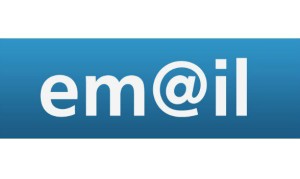Recycle Content In Your Marketing Strategy
 Yes, there are different ways to repurpose your content and take it beyond your blog. Below is some advice we gave to a personal trainer recently:
Yes, there are different ways to repurpose your content and take it beyond your blog. Below is some advice we gave to a personal trainer recently:
-
- Turn old blog posts into e-books – If you have many posts on the same subject, why not put them into an easily digestible e-book? For example, if you have a number of posts about yoga, many of your blog readers would appreciate a simple yoga e-book that they can reread and use as a manual over time. The e-book would also re-establish your credibility on the topic and might actually help you get more clients.
- Spinoff your old blog posts—Just because you wrote about a topic once doesn’t mean you can’t write about it again. You can write about the same topic from a different angle. For example, if you wrote a post about exercise tips for pregnant women, why not another post giving tips to postpartum women?
- Turn content into videos or podcasts—Some people don’t have time to read a blog, but they may listen to a podcast or watch a short video on their way to work. You can use these other communication modes to expand your content, like interviewing thought leaders or current clients in your field. A video that is five minutes or less would be great for showing exercise moves or cooking healthy dishes.
- Turn a blog post into a webinar – You can turn your content into an online course. Health and wellness is a growing industry, and there is no shortage of health-related online education. Figure out where there is a void and find your niche.
- Guest blogging – Share your old posts on other like-minded blogs and platforms. This is a way to share your content with a new audience and build your reputation.
These are just five suggestions, but there are many other ways to repurpose content by experimenting and reaching your audience in new ways.
Contact us if you need more help!

